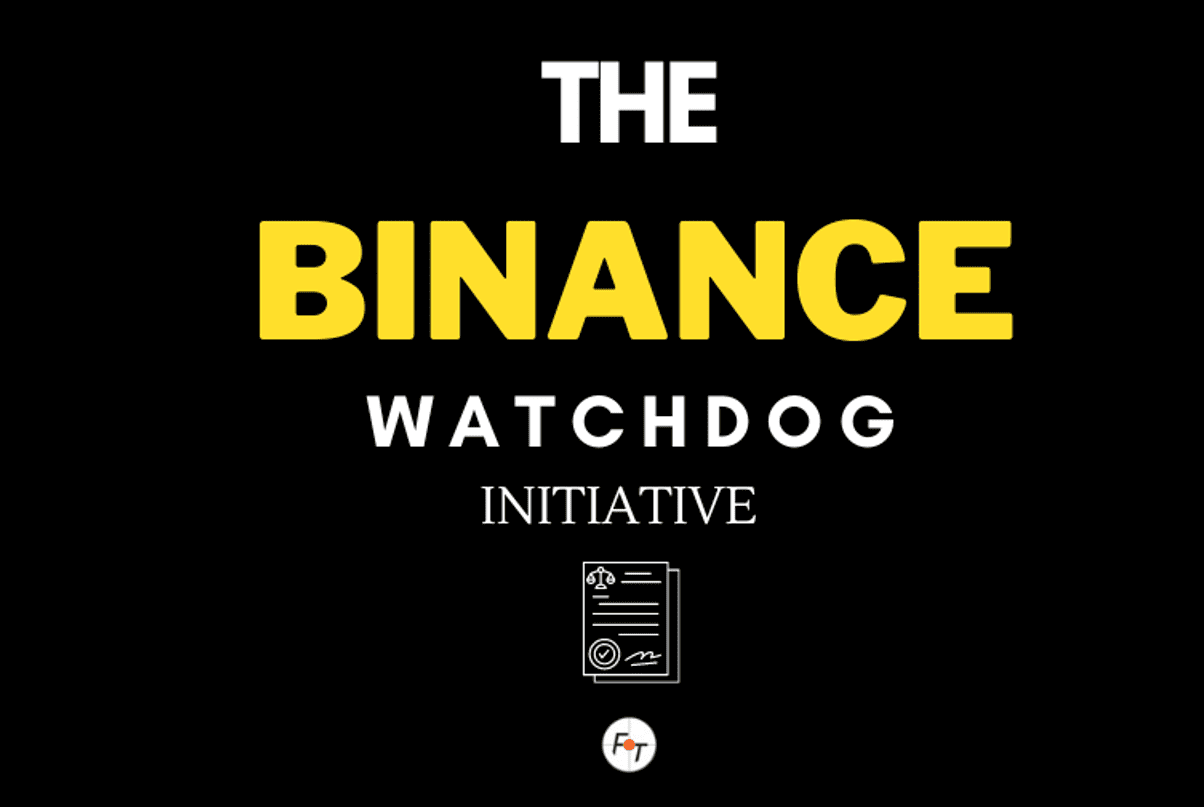Nigeria has initiated tax evasion charges against the Binance. This move comes as the crypto exchange faces global scrutiny over its operations, regulatory compliance, and adherence to financial laws. The charges laid by Nigeria’s Federal Inland Revenue Service (FIRS) in Abuja accuse Binance of failing to meet its tax obligations on four counts, including non-payment of Value-Added Tax (VAT), company income tax, failure to file tax returns, and facilitating tax evasion for its customers.
The spotlight on Binance intensified after the dramatic escape of its regional manager for Africa, Nadeem Anjarwalla, a British-Kenyan citizen. Anjarwalla, who was under detention in connection with a broader criminal investigation into Binance‘s Nigerian activities, managed to flee custody last week, prompting Nigerian officials to seek an international arrest warrant. The circumstances of his departure have raised eyebrows, with a representative for Anjarwalla and another detained executive, Tigran Gambaryan, claiming that their detention was unlawful and that Anjarwalla left Nigeria through lawful means.
This incident in Nigeria is not isolated but part of a pattern of legal and regulatory challenges Binance is facing worldwide. From accusations of facilitating illegal transactions to non-compliance with anti-money laundering directives, Binance has been under the microscope in several jurisdictions. The Nigerian case, however, brings a direct accusation of tax evasion, a serious charge that could have significant financial and reputational repercussions for the exchange.
Moreover, Binance‘s response to Nigeria’s crackdown on crypto trading platforms has been to cease all transactions and trading in Nigeria’s local currency. Following the country’s efforts to regulate the crypto market, which authorities claim fuels demand for U.S. dollars on the black market, Binance announced that it would convert any remaining balances in Nigerian naira into Tether, a stablecoin pegged to the U.S. dollar.
The case against Binance in Nigeria adds to the narrative of increasing regulatory pressure on cryptocurrency exchanges worldwide. It serves as a reminder of the complex regulatory environment these platforms operate in and the need for stringent compliance with local laws, including tax obligations. As the situation develops, the cryptocurrency community will be watching closely, aware that the outcome could influence the regulatory approach towards crypto exchanges in other jurisdictions. For Binance, already navigating a sea of legal challenges, the Nigerian tax evasion charges could represent yet another significant hurdle in its quest to operate freely across the globe.





